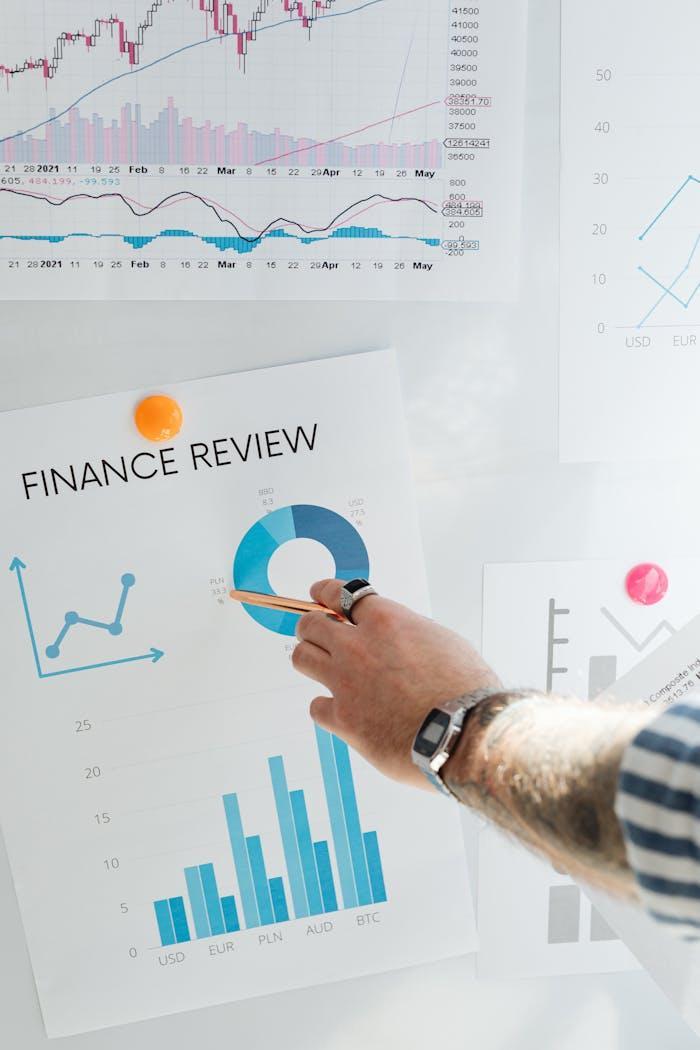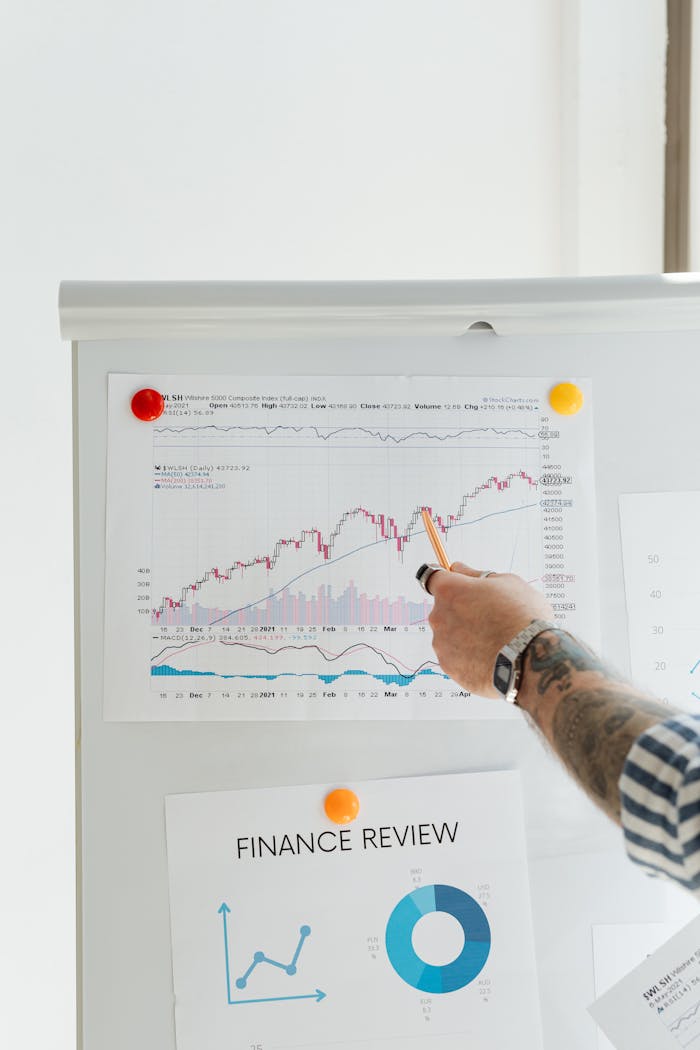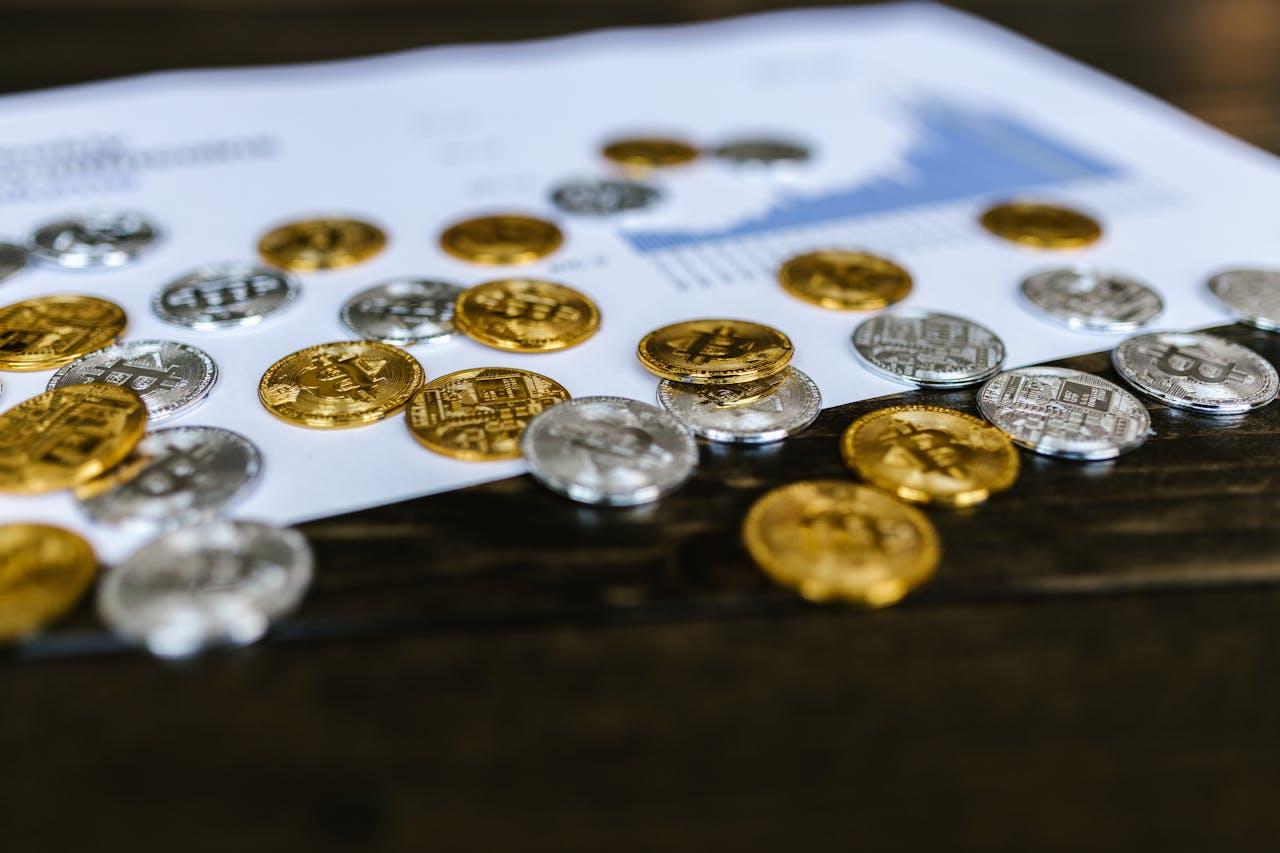Introduction
The foreign exchange market (forex), the world’s largest financial market, is a complex ecosystem where currencies are constantly traded. But the forex market isn’t an isolated entity; it’s intricately linked to global events, and understanding these connections is crucial for informed trading decisions.
Geopolitical Events: Shaping the Currency Landscape
Geopolitical events, from trade wars to regional conflicts, can send shockwaves through currency valuations. Here’s how:
Global Crises: Global crises like pandemics or natural disasters can trigger economic downturns, impacting currency valuations. The COVID-19 pandemic, for instance, led to a surge in demand for safe-haven currencies.
Staying Ahead of the Curve: A Trader’s Toolkit
Incorporating geopolitical analysis into your trading strategy can help you capitalize on market movements:
Consider the “Sentiment”: Market sentiment, which reflects investor confidence or fear, can influence currency valuations. News headlines and economic data can provide clues about market sentiment.
The Human Factor: Trading Psychology in the Forex Market
Geopolitical events can trigger emotional responses in traders, leading to impulsive decisions. Maintaining a disciplined trading mindset is critical:
- Avoid Emotional Trading: Don’t let fear or greed cloud your judgment. Stick to your trading plan and exit positions when your stop-loss orders are triggered.
- Maintain a Long-Term Perspective: Geopolitical events may cause short-term market volatility, but the forex market is resilient. Focus on your long-term trading goals.
Conclusion
The forex market offers exciting opportunities, but it’s also susceptible to geopolitical winds. By understanding the interplay between geopolitics and currency valuations, and by maintaining a composed trading mindset, you can navigate this dynamic market with greater confidence.
Do you consider geopolitical events when making forex trades? Share your experiences in the comments below!
Disclaimer: This article is for informational purposes only and should not be considered financial advice. Please consult with a financial professional before making any investment decisions.



